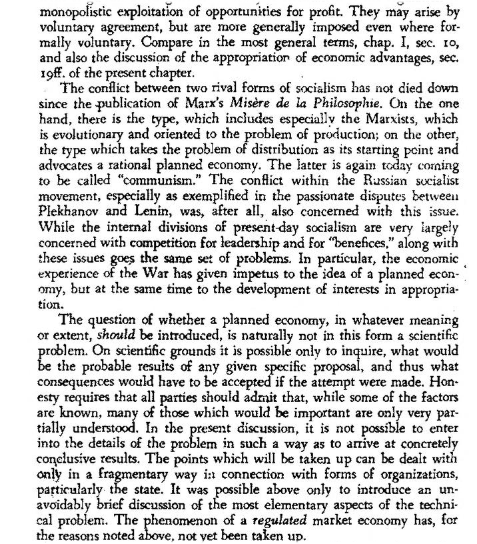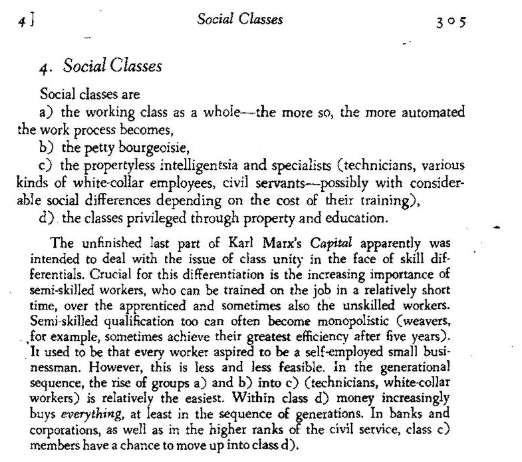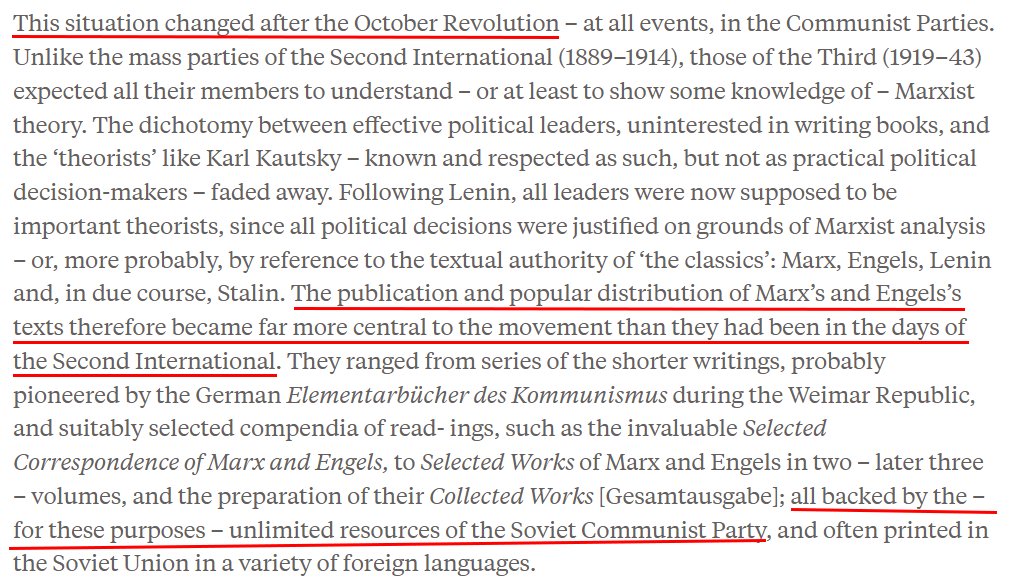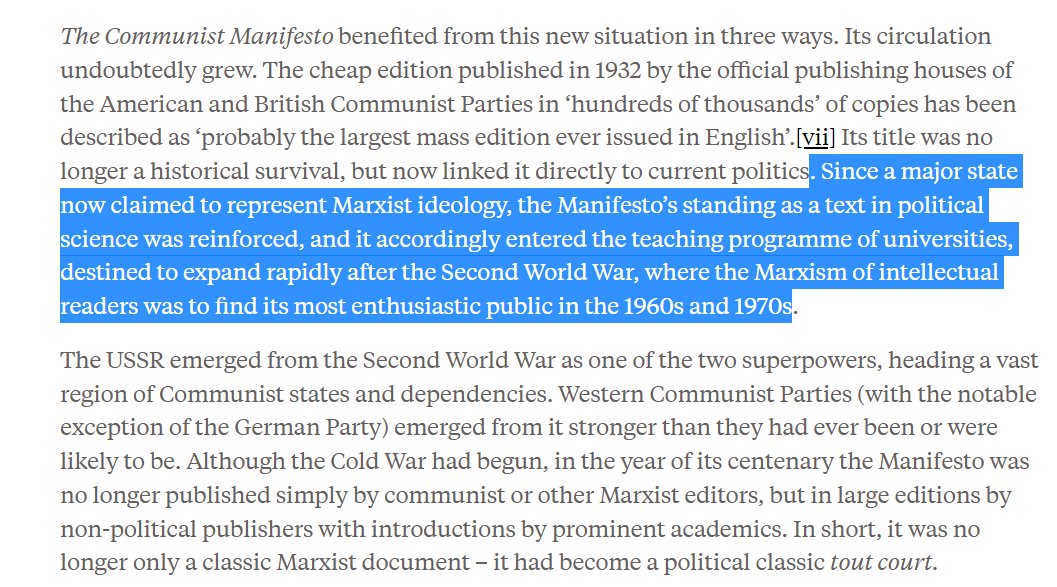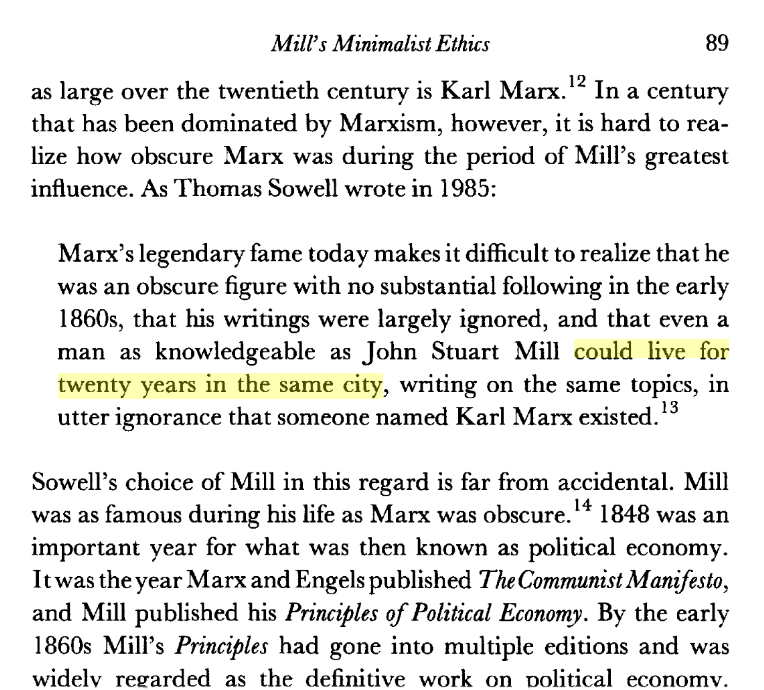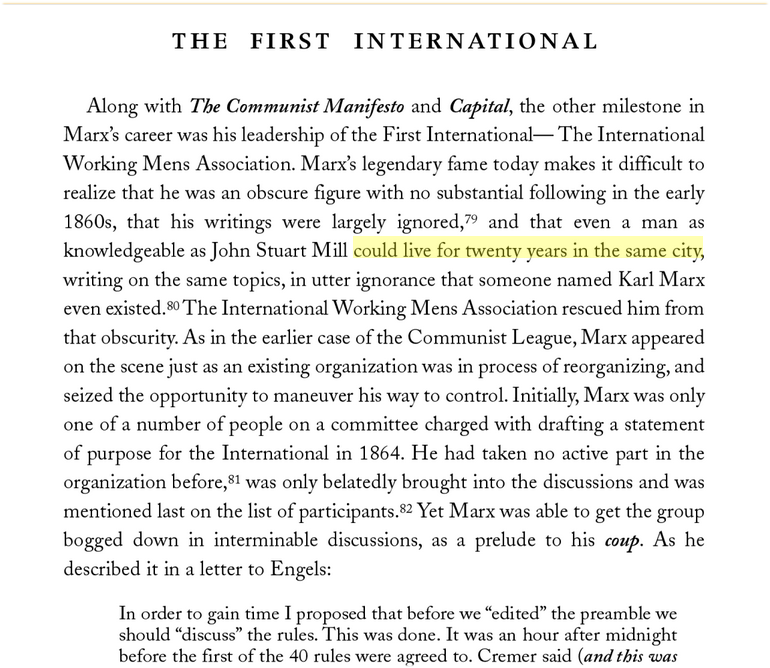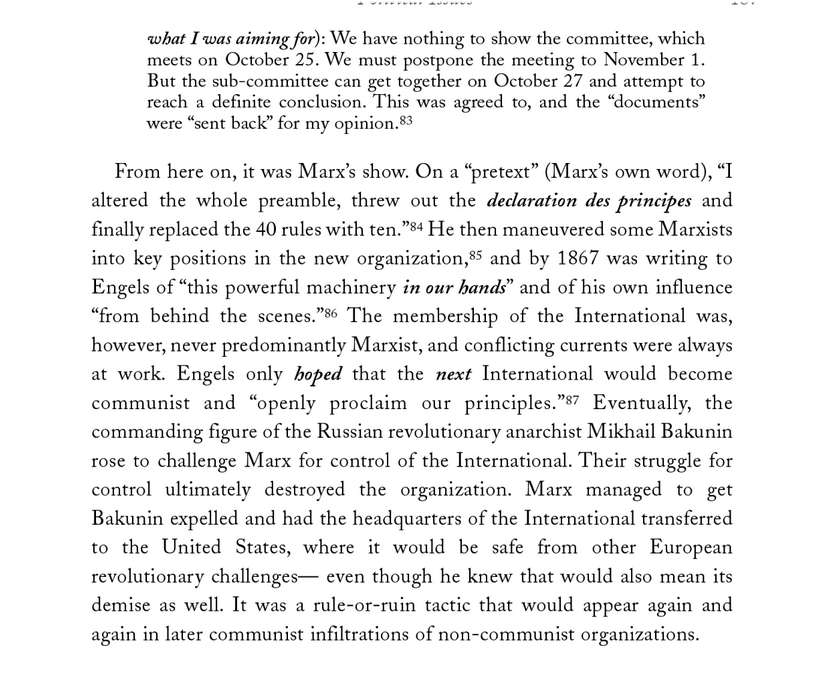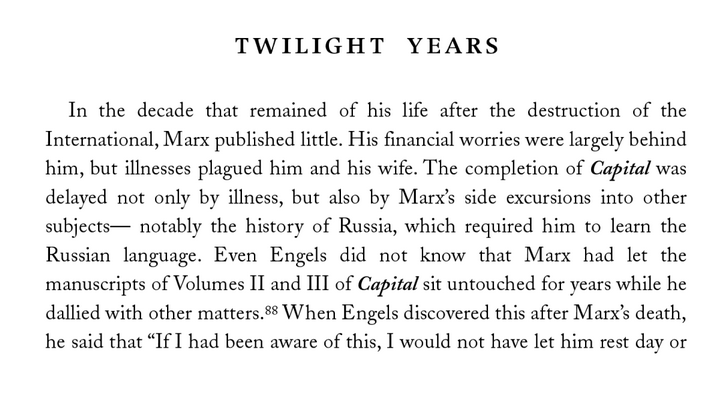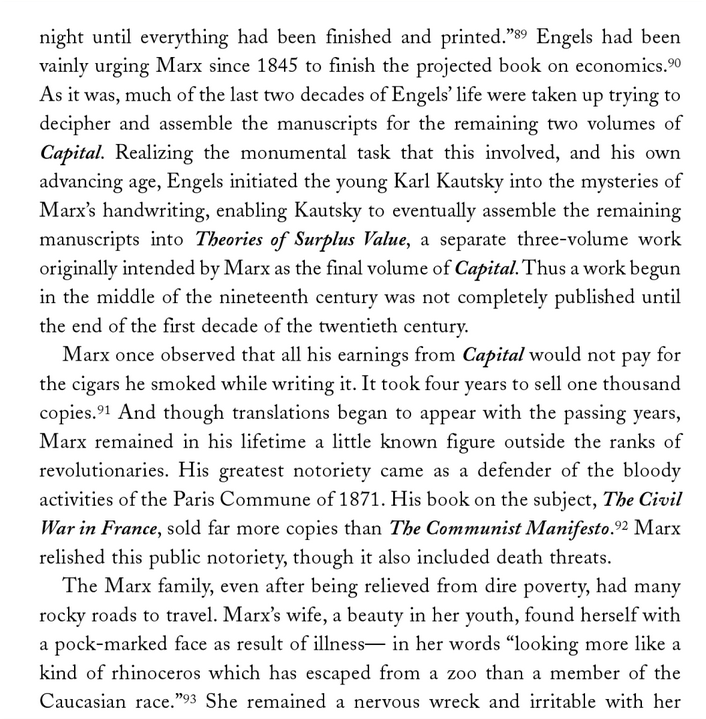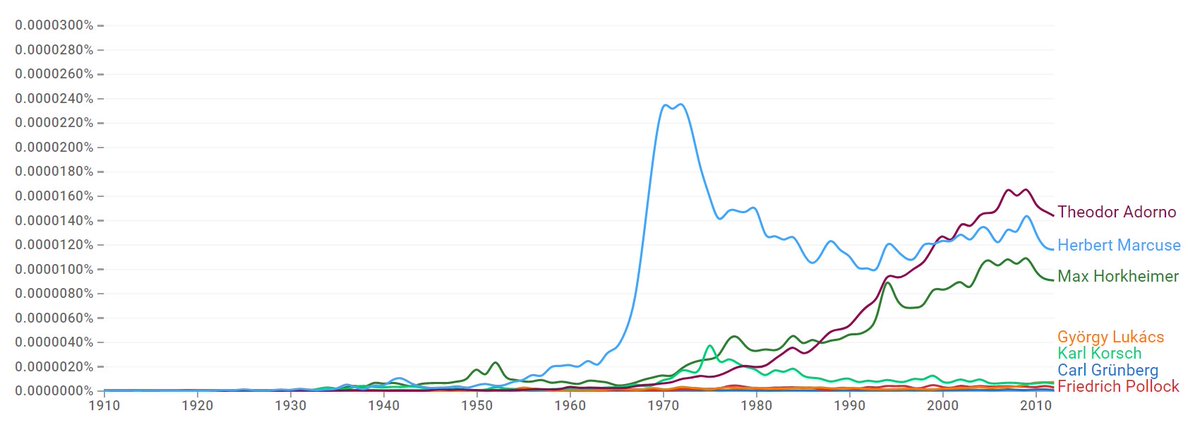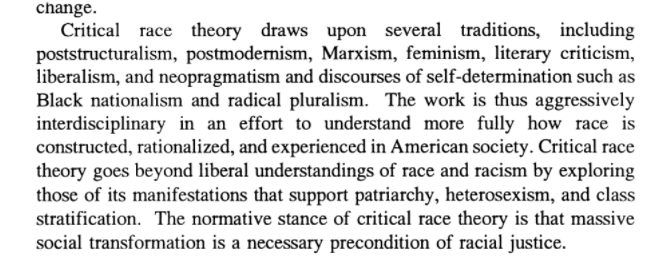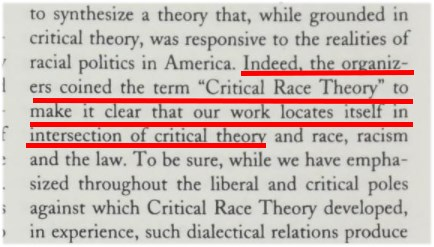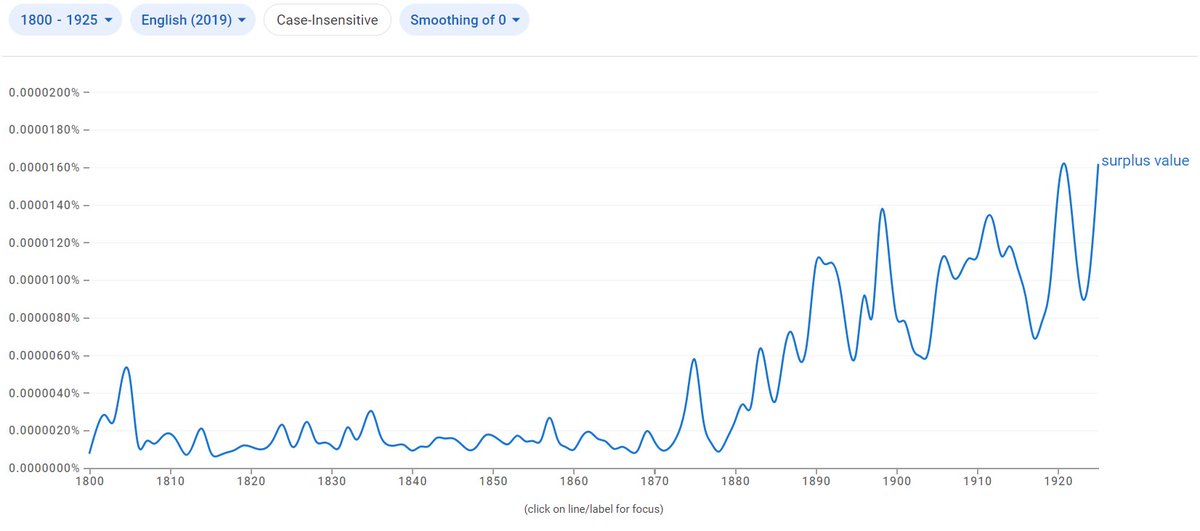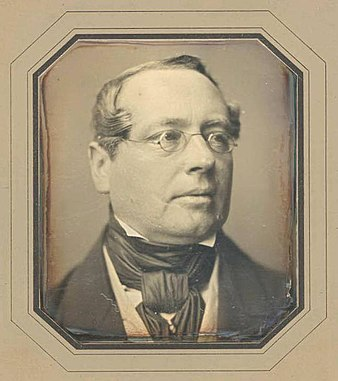
Last December, I released a FOIA'd email to the world, showing that Francis Collins ordered Anthony Fauci to wage a "devastating take down" on the Great Barrington Declaration.
A year later, Fauci is apparently lying under oath, denying he ever did this
A year later, Fauci is apparently lying under oath, denying he ever did this
https://mobile.twitter.com/PhilWMagness/status/1471956647266377736
The email records reveal a different story. Fauci immediately responded to Collins by circulating an opinion article from Wired Magazine that - absurdly - claimed the lockdowns were behind us. 

Fauci then circulated another opinion column from the Nation magazine by radical lockdowner Gregg Gonsalves, attacking the GBD. 

Collins then repeated these anti-GBD talking points to the Washington Post, declaring that the proposal was "fringe" and "dangerous."
Fauci responded to Collins the same day, saying "what you said is entirely correct."

Fauci responded to Collins the same day, saying "what you said is entirely correct."


At some point around October 14, 2020, Fauci and Collins had a long email exchange about the Great Barrington Declaration. We still don't know what's in it because the NIH completely redacted the multi-page email. 

We know that later that day, Fauci sent another email to Collins and his staff likening the GBD to "AIDS denialism" 
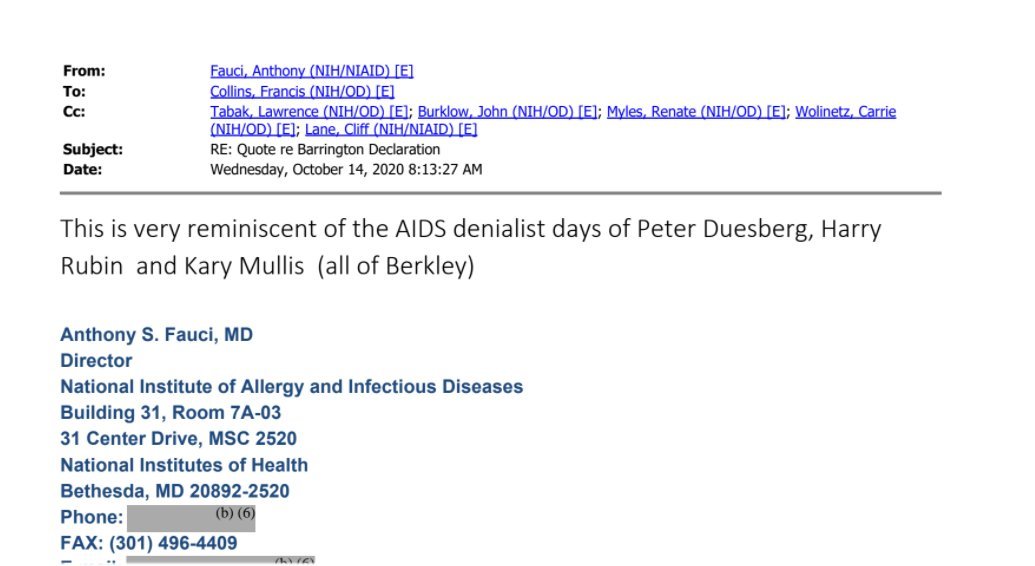
Two days later on October 16, 2020, Fauci was in full panic mode. He sent Deborah Birx an email about how he had "come out very strongly publicly against" the GBD, and warning her that Scott Atlas would likely push for it at the Covid task force meeting later that week. 

Fauci had to miss that task force meeting so he was setting Birx up to oppose the GBD if it came up. Note that significant parts of this email are also redacted, so we don't know what else they said. Birx responded though that the message was received. 

Atlas did not attend the meeting as Fauci feared he would, so the proposal to discuss the GBD never came up. Fauci & Collins bantered about being relieved over this in their next few emails. 

A few days later, Fauci asked his assistant Greg Folkers to round up a bunch of media op-eds attacking the GBD. Folkers delivered these to him on November 2, 2020. 

The FOIA records, unfortunately, stop there, and the NIH has not responded to followup requests for additional public records about this from Fauci in almost a year. That will likely change soon though when the ongoing Missouri lawsuit gets to the discovery phase.
For a full summary of these events and links to all of the original FOIA'd emails, see here:
aier.org/article/fauci-…
aier.org/article/fauci-…
And here is the Wall Street Journal's editorial against Fauci and Collins for their role in suppressing scientific dissent over the lockdowns.
wsj.com/articles/fauci…
wsj.com/articles/fauci…
• • •
Missing some Tweet in this thread? You can try to
force a refresh


